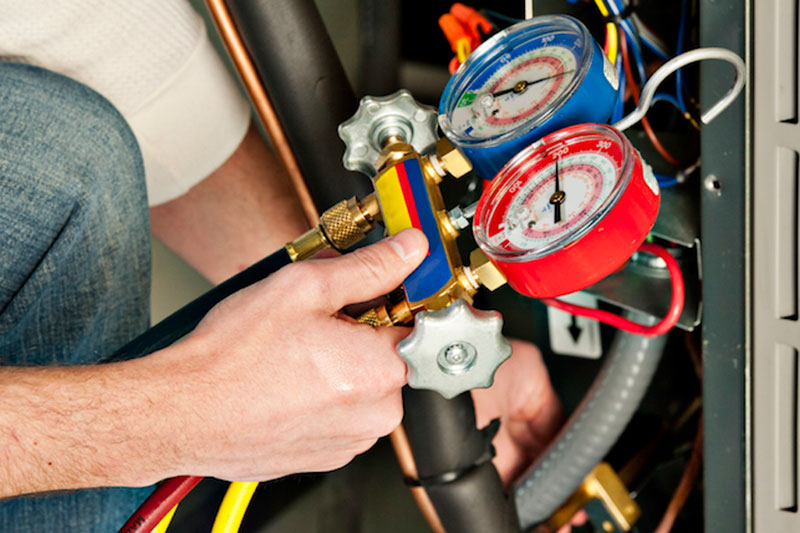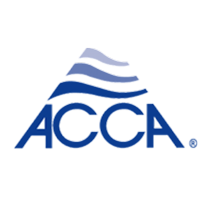
You might not think often about how your air conditioner functions, but it depends on refrigerant to keep your residence fresh. This refrigerant is bound by environmental regulation, because of the chemicals it contains.
Subject to when your air conditioner was put in, it may require R-22, R-410A or R-32 refrigerant. We’ll go over the differences and which air conditioner refrigerants are being phased out in Muldrow, as well as how these phaseouts have on influence on you.
What’s R-22 and Why Is It Phased Out?
If your air conditioner was installed before 2010, it probably contains Freon®. You can discover if your air conditioner has it by reaching us at 918-212-8943. You can also examine the name plate on your air conditioner condenser, which is situated outside your home. This sticker will contain details on what type of refrigerant your AC uses.
Freon, which is also known as R-22, contains chlorine. Scientists consider Freon to be bad for the earth’s ozone layer and one that leads to global warming. The Environmental Protection Agency, which governs refrigerants in the United States, outlawed its production and import in January 2020.
Should I Replace My R-22 Air Conditioner?
It varies. If your air conditioning is cooling fine, you can continue to keep it. With yearly air conditioner maintenance, you can expect your system to last around 15–20 years. However, the Department of Energy reports that removing a 10-year-old air conditioner could save you 20–40% on annual cooling expenses!
If you don’t replace your air conditioner, it may cause a problem if you need air conditioning repair later on, specifically for refrigerant. Repairs may be pricier, as only reduced quantities of recycled and reclaimed R-22 is accessible.
With the end of R-22, many new air conditioners now rely on Puron®. Also called R-410A, this refrigerant was made to keep the ozone layer in good shape. Because it needs a different pressure level, it doesn’t work with air conditioners that need R-22 for cooling.
However, Puron still has the possibility to create global warming. As a result, it might also sometime be phased out. Although it hasn’t been communicated yet for residential air conditioners, it’s expected sometime this decade.
What Refrigerant Will Take Over R-410A?
In preparation of the phaseout, some brands have begun using R-32 in new air conditioners. This refrigerant is classified low for global warming likelihood—approximately one-third less than R-410A. And it also decreases energy consumption by around 10%, according to the Intergovernmental Panel on Climate Change’s Fourth Assessment Report. That’s savings that might be forwarded on to you through your energy bills.
Air Service Co. Can Assist with All Your Air Conditioning Needs
In short, the alterations to air conditioner refrigerant probably won’t affect you very much until you have to have repairs. But as we went over beforehand, refrigerant repairs might be more expensive because of the low levels available.
Aside from that, your air conditioner often malfunctions at the worst time, typically on the muggiest day when we’re getting lots of other calls for AC repair.
If your air conditioner relies on an outdated refrigerant or is getting old, we suggest installing an up-to-date, energy-efficient air conditioner. This provides a hassle-free summer and can even reduce your utility costs, especially if you choose an ENERGY STAR®-rated air conditioner. Plus, Air Service Co. has many financing options to make your new air conditioner work with your budget. Contact us at 918-212-8943 to begin now with a free estimate.


